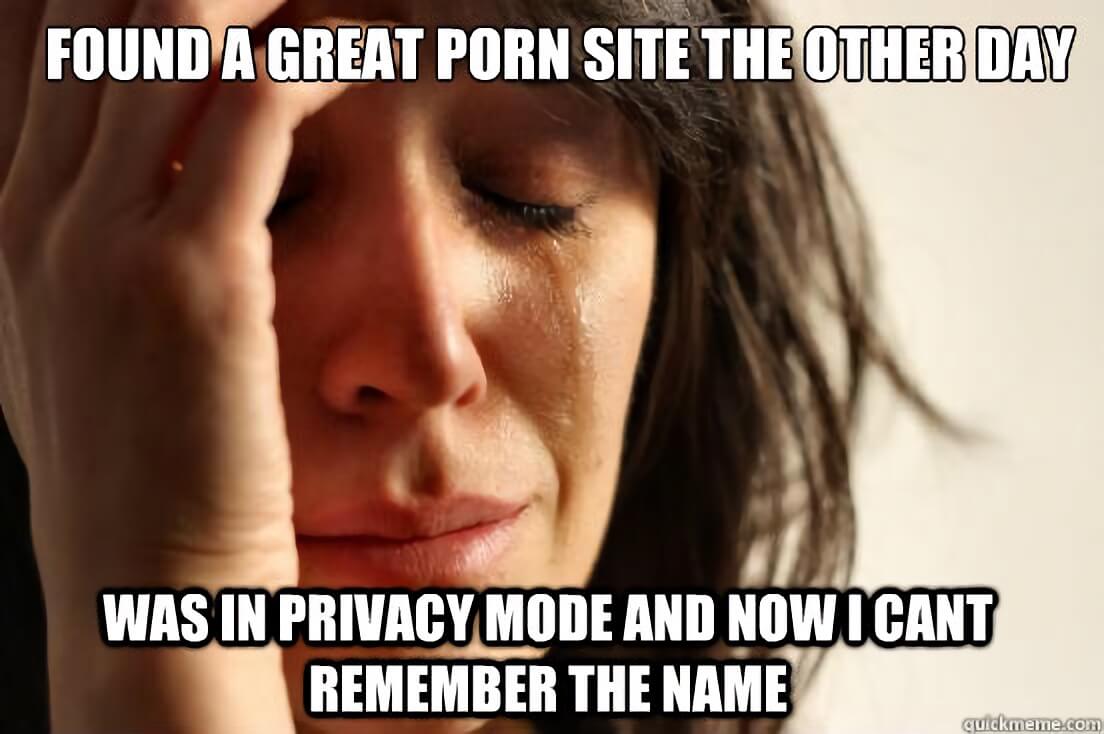UK law will now require all porn sites to verify users' age come April
The age verification law was introduced last year with the Digital Economy Act, and after several delays, it has now been finalized and will come into effect during April. The law fulfills the government’s plan of making the UK the safest place to go online, but it’s raised some serious questions.
The law will require any website whose content is more than one-third pornographic to securely verify that visitors are 18 or over. If they choose not to verify or aren’t thorough enough then the government can force ISPs to block the website and to fine or shut down the company, if possible.
While government officials insist that the law will prevent minors from accessing porn and will protect unsuspecting citizens from accessing it accidentally, experts only agree with the latter. With VPNs freely available and capable of circumventing age restrictions, even the government’s own commission concludes that it “is not guaranteed to succeed.”
Beyond that, the age verification methods being discussed by the government are all embarrassing or unsafe, which the government doesn’t seem to care about. While verification systems must be approved by the British Board for Film Classification, who will have authority over the scheme, the systems are up to the websites to develop and deploy.
"There are various proposals for obtaining your 'porn license'," Neil Brown, the MD of law firm decoded.legal told Sky News. "Some involve handing over details online, some may entail installing software on your phone or computer, and others require you to go into a store and prove your age (like buying alcohol). A credit card alone is unlikely to be sufficient."

In-person verification systems are expected to deter too many customers to be economically viable, say porn outlets. Providing banking details could work for larger reputable websites like PornHub, but scares customers away from smaller websites they may not trust. It’s unclear if age can be verified without determining a user’s identity.
If it can’t then that poses a serious problem. If porn websites have databases of verified users then they’ll almost certainly be hacked by people with political motives, hoping to get the leg up on their opponents. An average 160 requests to access blocked porn websites were made on parliament’s internet network every day in 2017.












No comments: